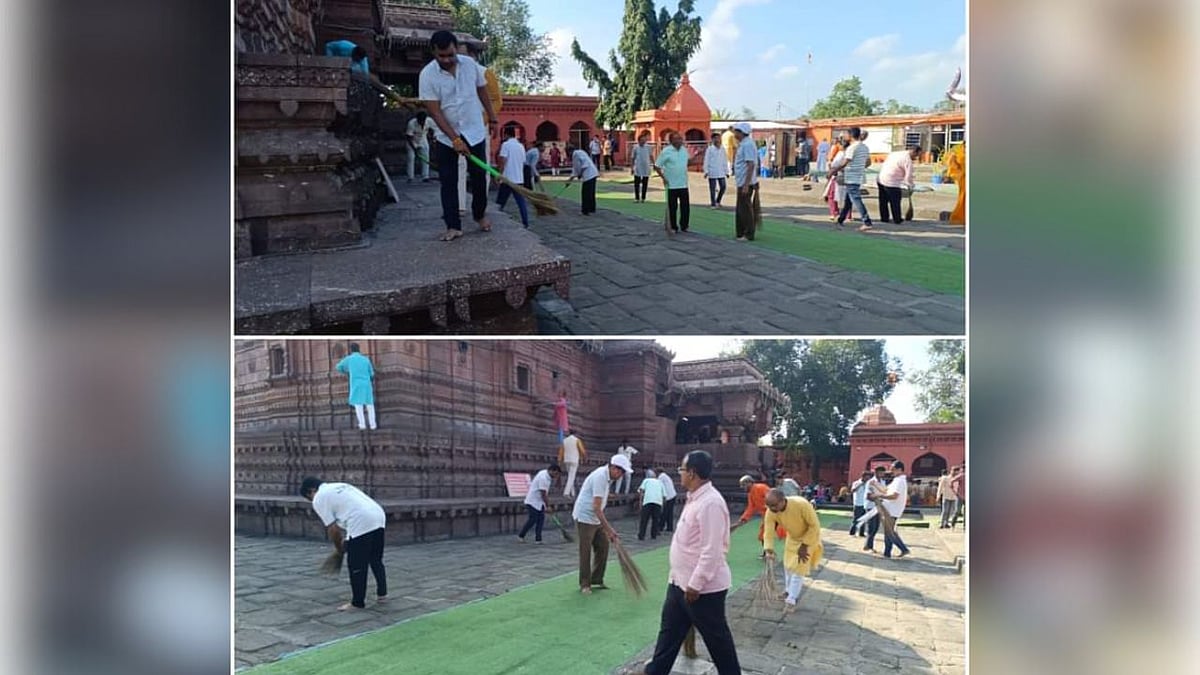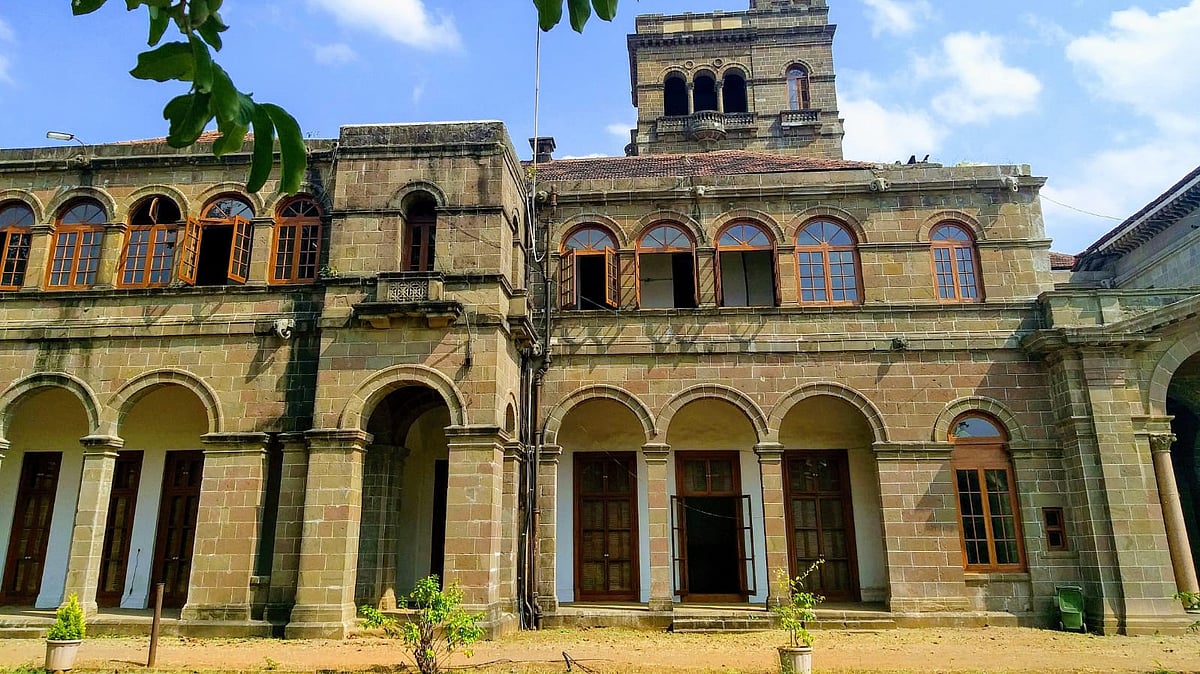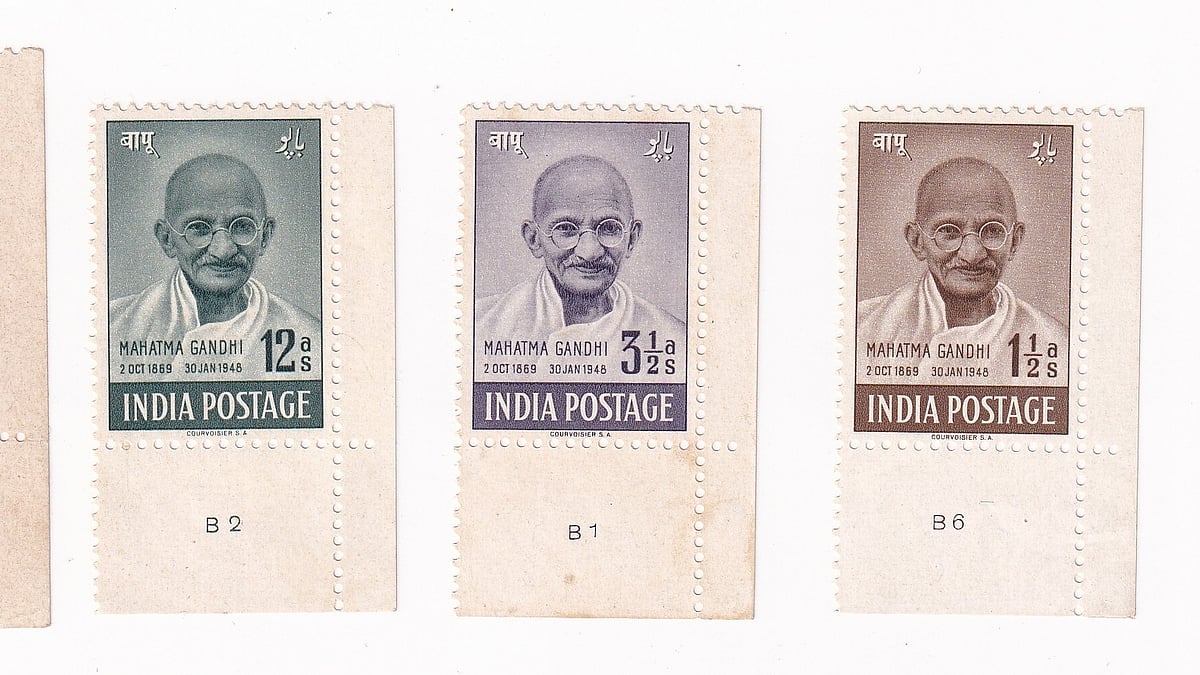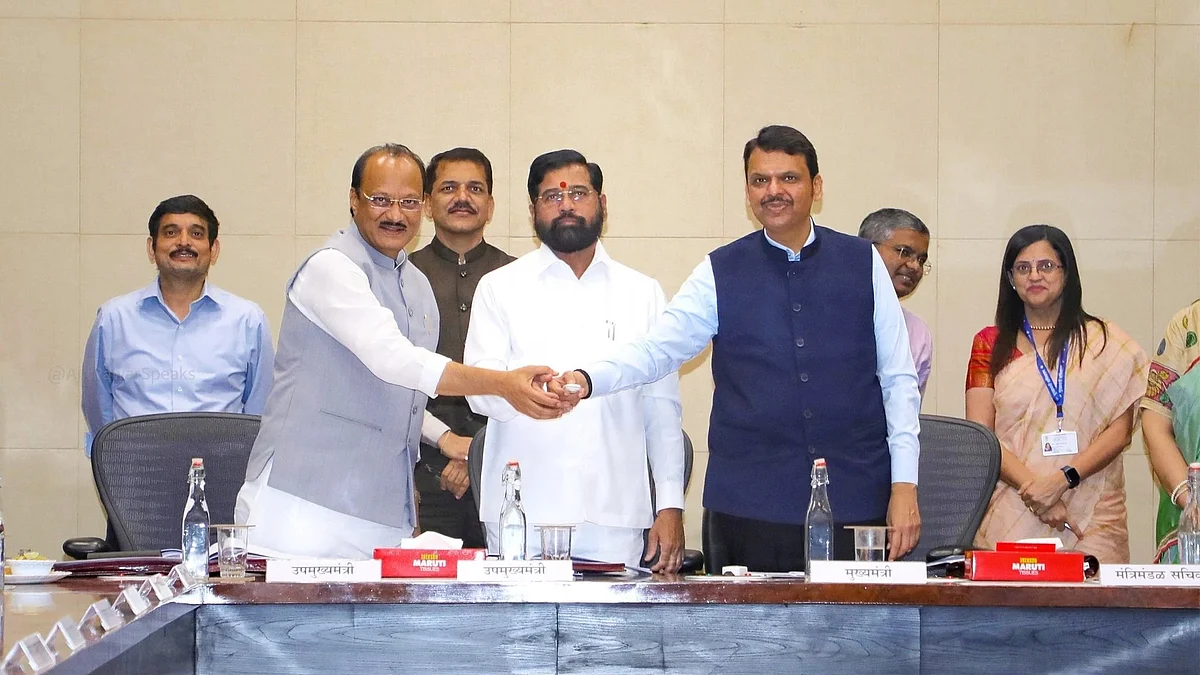Constitutional authorities have been urged to consider policy reforms permitting the use of Hindi and regional languages for oral arguments in higher courts alongside English. Advocate Mansi Mishra from Ulwe, Navi Mumbai, has written to the President of India, the Chief Justice of India, the Union Law and Justice Minister, and the Speaker of the Lok Sabha, pressing for reforms to make court proceedings more inclusive and accessible.
Article 343 and the Language Divide
In her representation, Mishra pointed out that although Article 343 of the Constitution recognizes Hindi as the official language of the Union, English continues to dominate judicial proceedings in the Supreme Court and High Courts. She argued that this practice creates a communication gap between litigants and the judiciary, as most litigants struggle to understand arguments presented exclusively in English.
“Litigants are often unable to follow what their own advocates are arguing. Allowing oral arguments in Hindi or the respective regional language will help them comprehend proceedings and build greater trust in the judicial system,” Mishra stated.
Proposal for Regional Language Judges
She proposed that every High Court bench should have at least one judge proficient in the regional language of the state. While judgments and official records may continue in English, oral submissions, she argued, should be permitted in Hindi or regional languages such as Marathi in Maharashtra, Tamil in Tamil Nadu, Telugu in Andhra Pradesh, and others.
Global Practices Cited
Citing global examples, Mishra noted that countries such as France, Germany, Japan, China, and Russia conduct judicial proceedings in their national languages, ensuring accessibility for citizens. She also referred to the Supreme Court’s observations in State of Gujarat v. Mirzapur Moti Kureshi Kassab Jamat (2005), which emphasised aligning legal practices with public understanding.

Call for Structured Implementation
Her letter called upon the Ministry of Law and Justice, in consultation with the judiciary and the Law Commission, to frame rules, guidelines, and timelines for implementing these reforms. She stressed the need for training, translation facilities, and supporting infrastructure.
“This reform would not only strengthen inclusivity but also uphold the constitutional promise of justice being truly accessible to all,” she added.







